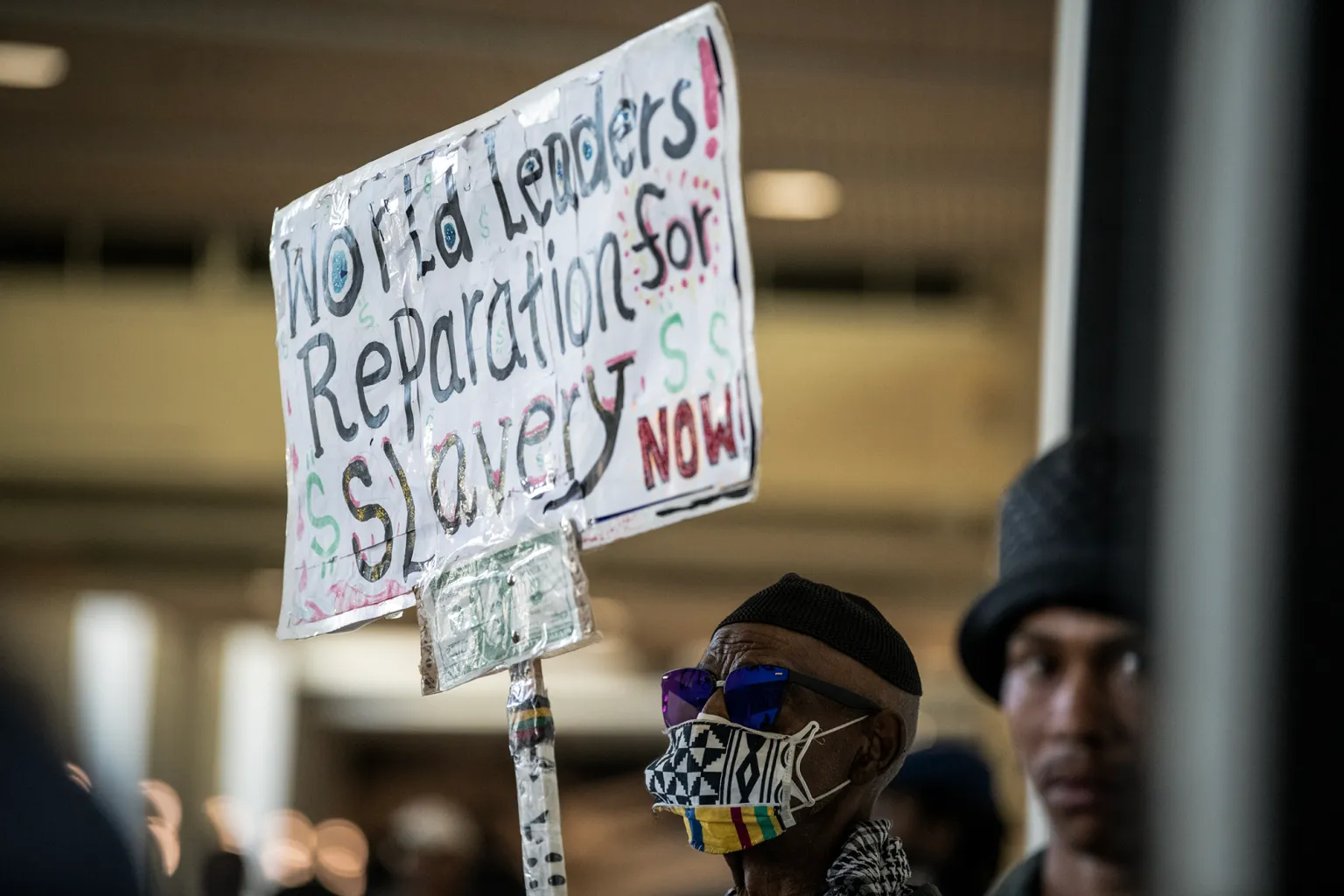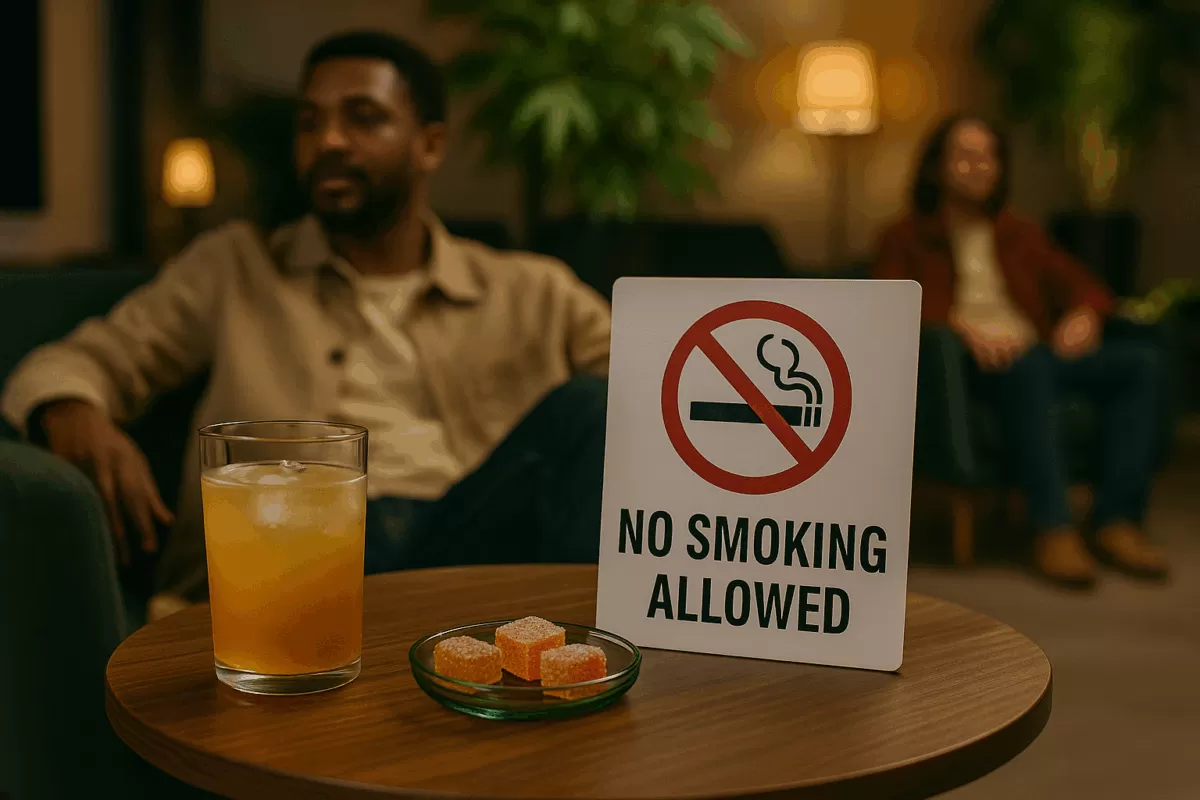Introduction: A Step Towards Equity, But Far from Enough
California is taking measures to address the enduring racial injustices faced by its Black residents. However, the proposed reparations for nearly two million Black Californians affected by slavery and the war on drugs may not be enough to truly compensate for the lasting damage caused by these historical atrocities.
The Task Force’s Recommendations: A Drop in the Ocean
The California Task Force to Study and Develop Reparation Proposals for African Americans has submitted recommendations to Gov. Gavin Newsom and the legislature. While the report acknowledges the history of racial discrimination and its devastating impacts on Black Californians, critics argue that the proposed reparations fall short in providing adequate restitution for the immense harm caused by slavery and the war on drugs.
Proposed Reparations: Monetary Compensation and Individual Claims
The task force suggests uniform payments based on an eligible recipient’s duration of residence in California during the period of harm, which includes the 49-year war on drugs (1971-2020). Additionally, it recommends an individual claims process for those who can prove specific injuries, such as arrests or incarceration for drug charges during the war on drugs. However, critics contend that these reparations are insufficient in addressing the generational trauma and economic disparities resulting from centuries of slavery.
Calculating the Impact: Does It Measure Up?
• For health care disparities: $13,619 for each year of residency, based on 71-year life expectancy;
• For housing discrimination: $148,099 or $3,366 for each year between 1933 and 1977 spent as a resident of the state;
• For mass incarceration and overpolicing: $115,260 or $2,352 for each year of residency in California during the 49-year period between 1971 and 2020
totaling $227,858,891,023 in reparations. While the task force based its calculations on comparisons of arrest rates, convictions, and sentences between Black people and their white counterparts, critics argue that the proposed reparations barely scratch the surface of the profound and lasting damage caused by slavery and systemic racism.
Addressing the Consequences: Beyond Monetary Compensation
The task force acknowledges that the war on drugs led to unemployment and houselessness in economically depressed African American communities. However, critics emphasize the need for more comprehensive policies and measures to address these deep-rooted disparities, such as reparations in the form of educational opportunities, mental health support, and economic development initiatives to uplift Black communities.
Next Steps: The Long Road to Justice
The task force will meet one last time on June 29 before submitting the final report to the legislature. Sen. Steven Bradford and Assemblyman Reginald Jones-Sawyer, both members of the task force, are expected to advocate for legislation to achieve the report’s objectives. Nevertheless, many argue that this is only the beginning of a long journey to truly address the lasting impacts of slavery and achieve justice for Black Americans.
Conclusion: A Starting Point, Not a Solution
California’s reparations proposal, while a significant step, is not enough to fully address the systemic injustices faced by Black Americans. By acknowledging the lasting damage caused by slavery and the war on drugs, California has taken a crucial first step, but much more work is needed to genuinely heal the wounds of the past and create a more equitable future for all.












